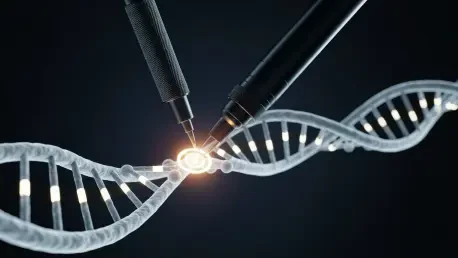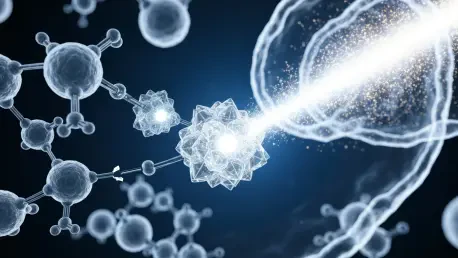
The immense human toll of chronic pain, a silent epidemic that shadows the lives of millions, has long been inseparable from the specter of opioid addiction, a devastating crisis born from the very attempt to find relief. For decades, patients and physicians have navigated this perilous landscape,

In the quiet intensity of an operating room, a surgeon's judgment is paramount, yet distinguishing the exact border between cancerous and healthy thyroid tissue has long remained a perilous blend of skill, experience, and educated guesswork. This critical moment, where a scalpel’s path is decided

Praxis Precision Medicines, a clinical-stage biopharmaceutical company dedicated to developing therapies for complex central nervous system disorders, has made a significant financial move by announcing the pricing of its underwritten public offering, which is expected to generate gross proceeds of

A landmark study examining mental health care delivery for millions of Medicare beneficiaries has revealed that telehealth, once a temporary measure, has firmly established itself as a dominant and permanent fixture in the healthcare landscape, fundamentally reshaping how patients access services

Sevoflurane has long been a cornerstone of pediatric anesthesia, allowing millions of children to undergo necessary surgical procedures safely and without pain each year. Despite its widespread and effective use, a shadow of concern has emerged from preclinical research, where animal studies have

Intraventricular hemorrhage, a form of bleeding within the brain's delicate ventricles, represents one of the most significant threats to the long-term health and neurodevelopment of preterm infants. For decades, the standard of care has been largely reactive, identifying brain bleeds only after